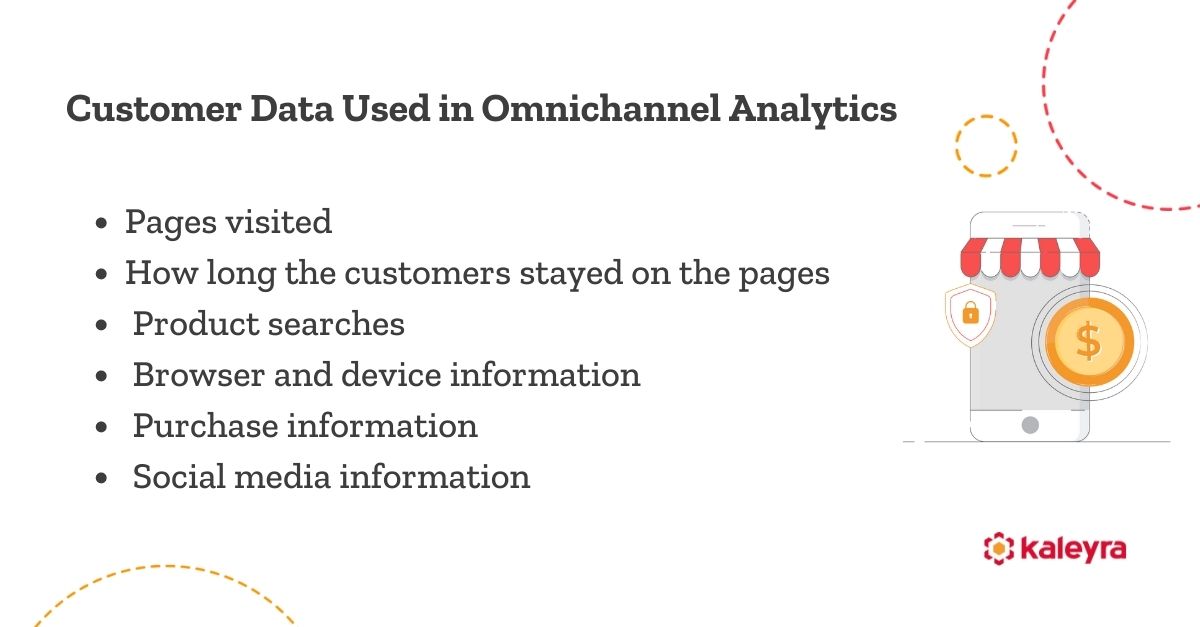6 min read
What is Omnichannel Analytics?
Omnichannel analytics is no longer a buzzword, with most customers using multiple channels during their buying journey. Customer satisfaction is of prime importance, and 82% of consumers say they may have stayed with brands if businesses offered more seamless cross channel experiences. Let’s learn more about omnichannel marketing analytics and its role in customer engagement.
 Omnichannel data refers to information collected from different touchpoints of the customer journey. It lets you understand your customers’ behaviors, pain points, interactions, attitudes, and preferences. Omnichannel data analytics is different from multichannel analytics in that omnichannel solutions have an integrated and holistic approach to processing data.
Some of the customer data you can use in the omnichannel analysis include
Omnichannel data refers to information collected from different touchpoints of the customer journey. It lets you understand your customers’ behaviors, pain points, interactions, attitudes, and preferences. Omnichannel data analytics is different from multichannel analytics in that omnichannel solutions have an integrated and holistic approach to processing data.
Some of the customer data you can use in the omnichannel analysis include
What is Omnichannel Analytics
Omnichannel data analytics helps you get more out of your campaigns by utilizing data from various sources. It enables you to consolidate customer data across multiple channels and derive insights to inform your customer communication strategies. The challenge with multichannel shopping is that data is spread across different channels, which may come in the way of a cohesive customer experience. On the other hand, omnichannel data helps you optimize processes by using data from various sources to offer customers a frictionless journey with the brand.What Data do you Need for Omnichannel Marketing Analytics?
 Omnichannel data refers to information collected from different touchpoints of the customer journey. It lets you understand your customers’ behaviors, pain points, interactions, attitudes, and preferences. Omnichannel data analytics is different from multichannel analytics in that omnichannel solutions have an integrated and holistic approach to processing data.
Some of the customer data you can use in the omnichannel analysis include
Omnichannel data refers to information collected from different touchpoints of the customer journey. It lets you understand your customers’ behaviors, pain points, interactions, attitudes, and preferences. Omnichannel data analytics is different from multichannel analytics in that omnichannel solutions have an integrated and holistic approach to processing data.
Some of the customer data you can use in the omnichannel analysis include
- the URLs visited and how long the customers stayed there for
- product searches
- browser and device information
- purchase information
- social media information
